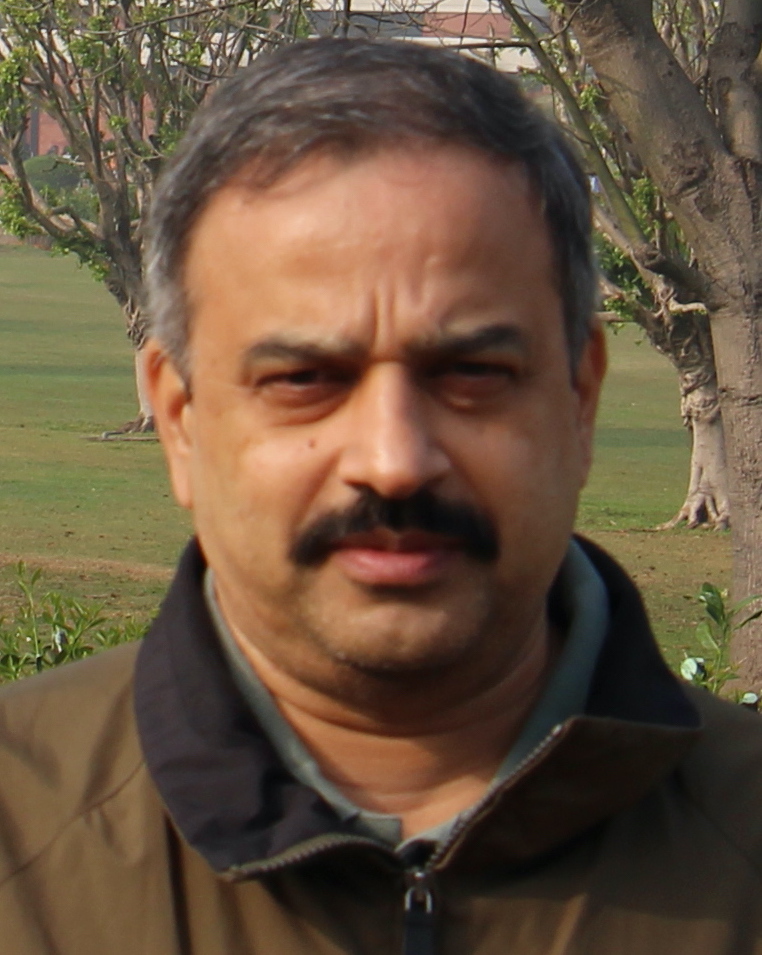Scientists’ approach is to make observations about the various phenomena in nature. Then they try to explain those observations using certain frameworks they come up with, called ‘models’.

There is a story about a smart student who was asked by her teacher in the science class: “how does light travel?”. Her answer was: “Light travels in straight lines in primary schools, as waves in high schools and as particles in the universities”. The story does not say this, but I am sure the teacher took the answer in its spirit and applauded the intellect and motive behind it.
But how our students (and even teachers) in real life would respond to this question (albeit a rhetorical one) is an interesting topic to ponder. In fact, the ways this story and the apparent contradictions it raises have been presented, interpreted and understood in many circles I have been to, have intrigued me.
Firstly, there are those (who clearly miss the plot) that find a new reason to criticize the educational system as in “the Education Boards are so behind – they never update the textbooks and thus allow them to have such inconsistencies ”.
Then there are those with the tactful tongue-in-the-cheek comments like ‘“scientists are always confusing and confused – they can’t make up their minds”.
Finally, there are those philosophically inclined people who lament “scientists don’t care about the real truth – they are fine as long as they can explain some immediate observations at hand!”.
You could probably dismiss the the first and the second types for now (of course, I would often engage and even reason with them). But the third statement has some truth to it – though I wouldn’t have put it exactly that way. In fact, this idea, in some ways, represents the essence of science itself.
Though science (like, for example, religion) strives to explain the true nature of this world, it does not always just seek out an abstract and absolute ‘truth’ like the religions try to do. Apart from understanding the truth, scientists also have an important goal for science – to use that understanding to predict and shape the course of the events around them.
Scientists’ approach is to make observations about the various phenomena in nature. (They also cleverly ‘stage’ some of those phenomena through what are called ‘experiments’). Then they try to explain those observations using certain frameworks they come up with, called ‘models’. Straight lines (Rays), Waves and Particles are such models scientists have built over centuries, in order to explain the various behaviors of light. The important thing here is that these models do not aim to be absolute truths, and more importantly, one such model does not necessarily negate others.

Scientists have no qualms in using these apparently conflicting models side-by-side, as long as they serve specific purposes – i.e., explain and predict the world within a certain context. Each of these models of light can explain specific physical phenomena. This is similar to how the classical Newton’s Laws of Motion, the Theory of Relativity and Quantum Mechanics, which could appear to be conflicting frameworks, are all true and valid in science.
Notably, the scientists’ quest continues even after they come up with a successful model. They seek out better and more effective models that help them to better predict and shape the world.
In contrast, most religions (there are some exceptions), look for an absolute truth. Once they think they have found one, their quest ends. Then the focus shifts to believing in that truth steadfast and also protecting that truth from being misunderstood, misinterpreted and even being questioned.
On the other hand, science advances and thrives by challenging established ideas, raising questions and thus improving upon them. True scientists would welcome and even appreciate new questions being raised about their findings and would take them on with humility.
Now coming back to our student and the question, how does light really travel anyway?
With my science hat on, I would say: “we may not know for sure – but that does not matter. What matters is the extent to which we are able to predict and control the various behaviors of light under various circumstances”.
Rays, Waves and Particles are just lenses we ourselves have devised to look through at the phenomenon of light. May be light travels in all of those ways – depending on how you choose to observe it. Or may be, it actually travels in a totally different way that we cannot contemplate now. But this uncertainty does not prevent us from using the models we have developed in correctly predicting and controlling the things around us.
Being a scientist is about being curious and having the intellect and courage to ask questions. It is also about having the humility to face questions and accept new findings.
Sankar is the founder and CEO of Silver Pi.
He had worked in Banking and Technology for about three decades before switching to Education. He is an Electrical Engineer by training, with a career in Technology and Banking across Japan, USA, Singapore and India.


2 comments